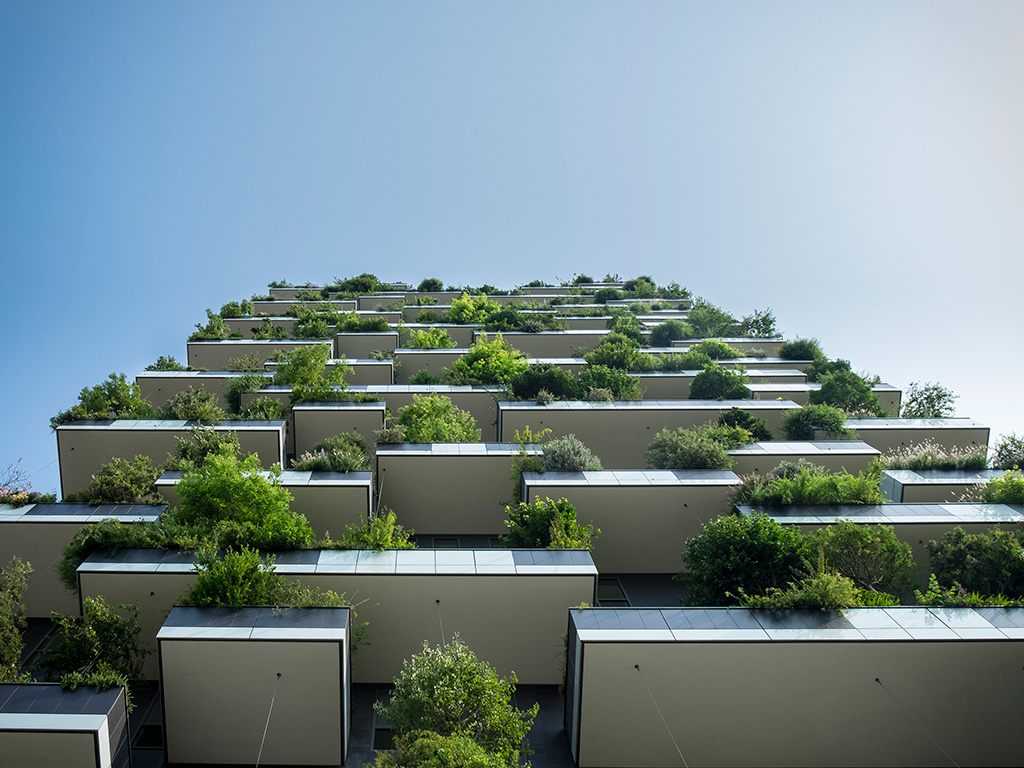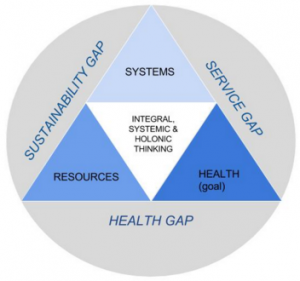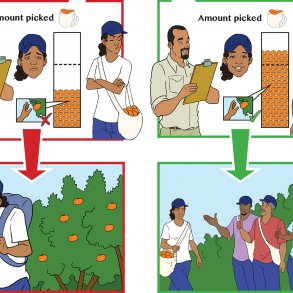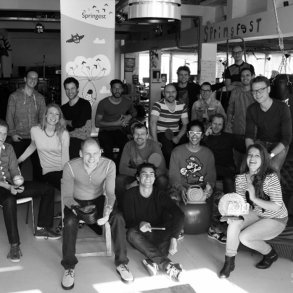By Henk Hadders for Enlivening Edge Magazine
The Social Contract between Market, State and the Commons is broken. Government retreats into providing us with welfare-service(s). Business depletes the vital capital resources which we need for our own well-being. State and Business have become partners in enclosing the Commons. All this is also true for our health care services.
We badly need more “care for health” which is not the same as more “healthcare” of treating diseases. We need a new social contract for sustainability and health, with Science as a fourth partner.
All of us need to connect for a healthier health system, and to re-define health by co-creating a new language and a new narrative. In this 7-part series Henk Hadders reflects on past, present, and the emerging future of health and care.
 I envision a world where the full development of each individual, including having a healthy life, is recognized as a universal human right, and all institutions of society are designed to support it. In that world, democratic and resilient communities organize themselves and connect with each other in the process of co-producing and co-governing the resources essential to their members’ well-being.
I envision a world where the full development of each individual, including having a healthy life, is recognized as a universal human right, and all institutions of society are designed to support it. In that world, democratic and resilient communities organize themselves and connect with each other in the process of co-producing and co-governing the resources essential to their members’ well-being.
Those communities at the workplace and the neighborhood are “at the heart of a bottom-up reorganization of society … providing human-centered innovations that contribute to sustainability – and a new civic society.” (Sustainability Outlook 2020, by Institute for the Future).
In that world, communities reclaim stewardship for good health and reduce exclusive dependence on the dominant, expensive system of medical care. Moving healthcare out into the community will be challenging, and needs social organizing, facilitation, and confidence-building, since people have been conditioned to think and act as individual isolated consumers rather than producers and stewards of health. The role of experts and health professionals will be to empower people’s health decisions rather than control them.
Such a society is not only possible but it is within our horizon.
The Care 4 Sustainable Health (C4SH) Transition Table at the society Noorden Duurzaam is working for ushering it in.
After I shifted from being a manager in the healthcare-market to a commoner in the health-commons, I co-created this Transition Table, as a Learning Community and Working Group where “health-rebels” gather to start a movement focused on creating a new, inclusive, trans-sectoral, trans-generational open hub; Care 4 Sustainable Health is aimed at facilitating the emergence and functioning of distributed, sustainable New Health Networks in the Northern Netherlands. (See also the Economy for the Common Good). Healthcare (organizations) can’t be transformed from the “outside-in” with laws, structures and money; it mainly needs “inside-out” with people, heart, and compassion.
The Learning Community/Working Group meets every three weeks and is open for all “health-rebels” in all four domains. To build a network and movement it will have to spark more and more meaningful and generative connections with people and other networks. It can become an attractor for people with similar concerns, diverse views, and varying experiences. Diversity and openness are very important for the long-term sustainable impact of our initiative.
We are now in the awareness/awakening phase. Around 50 participants (doctors, nurses, managers, commoners) have started to build the hub, discuss new “health” initiatives, and support one-another. In this phase, the main focus is on strengthening the functioning of people-powered initiatives, such as helping to co-create a new regional diagnostic center of excellence for breast-cancer (an idea developed and advocated by one of our members).
The purpose of the C4SH-hub is to empower health-related advocates, activists, projects and initiatives from all sectors (market, healthcare, government, commons and science), by providing a social and technical platform for exchange and collaboration. It will be a platform optimized for the sustainability of health to grow from its current seed form into a core paradigm of our health system.
Ultimately it will provide service to all individuals and organizations whose activities focus on sustainability and health within the health market, health (in all policies) government, health commons, health science, medicine, complementary and alternative medicine, public/population health, environmental health, and occupational health in business.
There is no single initiative or organization that has the whole picture of what a healthy health system as a whole would look like in the future. The Care 4 Sustainable Health Hub and Network endeavors to serve as a pre-competitive, safe, trusted, inclusive platform that enables the awakening to our collective potential in health & well-being, and holds space for a new social contract for sustainability and health for all people (and their next generations) living in the three Northern provinces of the Netherlands.
It will act as an attractor and enabler for meaningful conversations that allow us to see the whole ecosystem with its co-evolving parts. The signs of our time show us clearly that a new impulse of awakening is felt by many individuals everywhere. All around the world groups, projects and movements grow which want a shift in healthcare towards treating the whole person, co-creation of health, showing compassion in healthcare, working with rather than against nature, becoming sustainable. Together they already form a kind of movement out of which a new larger perspective, of what health is, can develop which can allow us to grasp at a deeper level what the ways of health are and in what ways health actually matters to our further evolution to the next phase in human history.
‘What does health and being awake to health feel like?’
‘What does a culture look like in which the health of everyone matters?’
‘What does a society look like where everyone deeply cares about health – health of oneself, of one’s community and environment?’
Diagram 1: The new social contract for health & sustainability – integral and systemic thinking for sustainable health in a fair and just human operating space (adapted from New Economics Foundation (2011)
This series of articles will describe the building blocks of an idealized design (Russel Ackoff) which the C4SH Working Group has developed for co-creating distributed New Health Networks, using this design as its guiding North Star. In this series we will focus on the different parts of the diagram. An inclusive, regenerative economy and society is one in which people have high levels of health and well-being which is sustained over time.
Accordingly, progress can be measured in term of three key ‘spheres’:
- Goals: There are many goals, but in this series we look at universally high levels of individual and population health, well-being, thriveability and human flourishing
- Resources: sustainable use of vital multi-capital resources (human, social, built, natural, and financial & economic capital)
- Human systems: activities that achieve intermediate objectives like, good housing, good care (individuals, organizations, health-care systems, health systems, local and global health commons)
It’s important to consider the relationships among these spheres. The key relationship is between resources and goals (where ‘health” is the goal in our case): how efficient are we at achieving the goals we seek given the resources we have? However, the constituent parts of this relationship must also be considered: how efficient are our human (artificial) systems/organizations at using vital capital resources sustainably, and how efficient are they at delivering services for our goals?
In diagram 1 we illustrate the progress towards health in terms of three spheres and their relationships in a safe and just operating space for humanity with societal and planetary boundaries (see Raworth & Rockström). In the transition towards an inclusive, regenerative economy and a thriveable society, reinventing ‘Care 4 Sustainable Health’ means that next to addressing (1) the organizational gap in our human systems, we also need to address and close three other gaps: (2) the health gap, (3) the sustainability gap, and (4) the service gap.
The series will unfold as follows:
- Part 1; Introduction;
- Part 2: The need for integral, systemic and holonic thinking;
- Part 3: The health gap: redefining health, sustainability and the sustainability of health with an asset-based approach;
- Part 4: The sustainability gap: assessing the impacts on multi-capital resources needed for health & well-being;
- Part 5: The service gap: towards a service-dominant logic in health(care)systems;
- Part 6: The organizational gap: reinventing the organization of the healthcare and health system;
- Part 7: Integral, systemic and holonic thinking will define trust, innovation, resilience and human flourishing.
The seven-part series will explain the above diagram, with each part looking at the necessary needs for change and the relevant focus areas of organizations in the health and care system. Fully developed integral, systemic and holonic thinking can become a real game-changer!
This series has greatly benefited from discussions with George Pór and Anna Betz, also involved in the Health Commons movement.
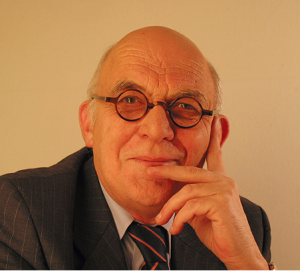 I’m Henk Hadders and I worked as an Executive Director of the Board in Mental Healthcare in the northern part of the Netherlands for more than 25 years. During the last few years I became rather unhappy with the context of my work, as it became more and more focused on organizational growth and the financial bottom line.
I’m Henk Hadders and I worked as an Executive Director of the Board in Mental Healthcare in the northern part of the Netherlands for more than 25 years. During the last few years I became rather unhappy with the context of my work, as it became more and more focused on organizational growth and the financial bottom line.
I couldn’t live up to my fullest potential as I felt more passionate about working for a different emerging future to enable human flourishing. During my life-journey, I had turned into an activist, rebel and maverick for human well-being & thriveability, and worked with groups and movements to re-invent democracy, the health commons, context-based sustainability, knowledge creation & innovation, and health & care in that same northern geographical space of The Netherlands.
On my quest, I also learned to embrace and to value the importance of integral, systemic, and holonic thinking. After my retirement I started a PhD research on Sustainable Health and Sustainable Innovation at the University of Groningen.
